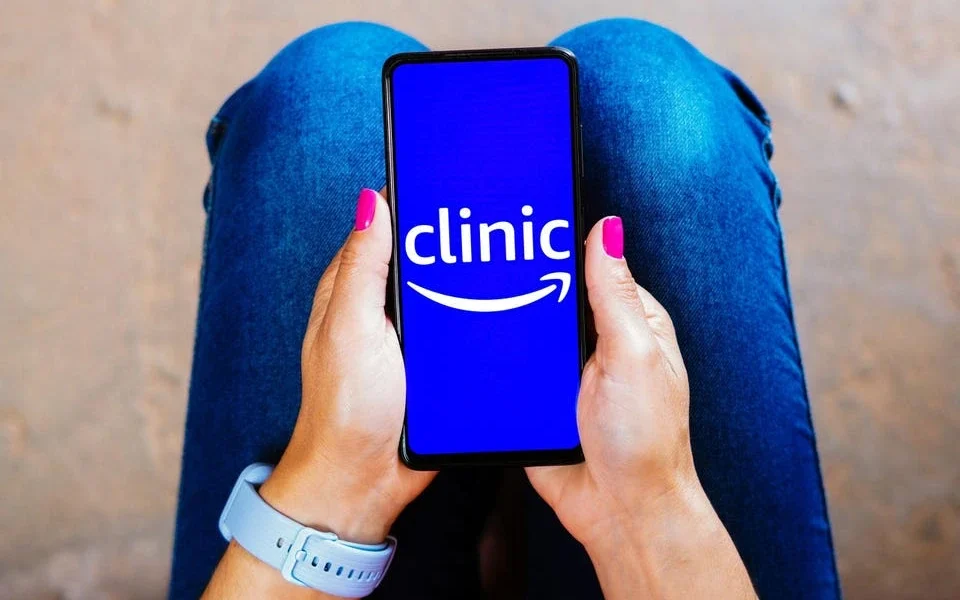A Failing U.S. Healthcare System Braces For More Tough Times As Disruptors Continue Their March To Reform
As the U.S. healthcare system struggles in critical condition, failure to adapt to a new model is not an option. The industry is on the brink of a significant shift as disruptors continue to demand reform.
History of Disruption in Healthcare Delivery
Since the early 1970s, walk-in clinics and specialty ambulatory care centers have emerged as disruptive forces in healthcare. These pioneering enterprises recognized the potential of technology to revolutionize healthcare delivery, making it more efficient and patient-centered.
The impact of these disruptions was not fully grasped until recently, as patient-consumers demand better healthcare delivery and growing frustrations with the prevailing fee-for-service (FFS) payment model. Transparency has emerged as a key driver of disruptive change, urging stakeholders to embrace a competitive market-based model.
The Impact of Covid-19 on the Healthcare System
The COVID-19 pandemic exposed the weaknesses of the current healthcare system. Providers’ failure to adopt a continuum of care approach left vulnerable communities and individuals with underlying conditions at heightened risk. The pandemic also revealed the financial vulnerability of organizations clinging to the FFS model.
As a result of these challenges, traditional healthcare providers are now facing intensified competition from non-traditional retail disruptors. Companies like CVS Health, Walmart, and Amazon are altering the industry’s landscape, demonstrating a fundamentally different business model.
Government Initiatives and Healthcare Reform
Recognizing the urgent need for reform, the federal government has intensified efforts to drive change within the healthcare industry. The passing of laws such as the Hospital Price Transparency Final Rule and the Competitive Health Insurance Reform Act reflects the determination to make healthcare prices clearer and foster transparency.
While these initiatives aim to bring about positive change, resistance from industry bodies, such as the American Hospital Association (AHA), underscores the challenges in transitioning to a new healthcare model. This resistance indicates a reluctance to relinquish traditional practices.
Challenges and Opportunities for Healthcare Reform
Amidst escalating healthcare costs and a growing struggle for consumers to afford necessary care, the need for comprehensive reform becomes increasingly evident. Americans’ satisfaction with the quality of healthcare in the U.S. continues to diminish, highlighting the urgency for change.
The pushback against reform and the industry’s adherence to archaic practices hinder the realization of a new future for healthcare delivery. However, the winds of change are gathering momentum, signaling an inevitable shift towards a more innovative and patient-centric healthcare system.
The Path Forward
Transitioning to a new healthcare model presents numerous challenges, but the necessity for change cannot be understated. Embracing reform will require collective commitment and forward-thinking strategies from all stakeholders in the healthcare industry.
The impending disruption in healthcare delivery calls for an open-minded approach and a willingness to adapt to new paradigms. Only through concerted efforts and a shared vision for change can the U.S. healthcare system successfully navigate the turbulent times that lie ahead.
Source: forbes








No Comments